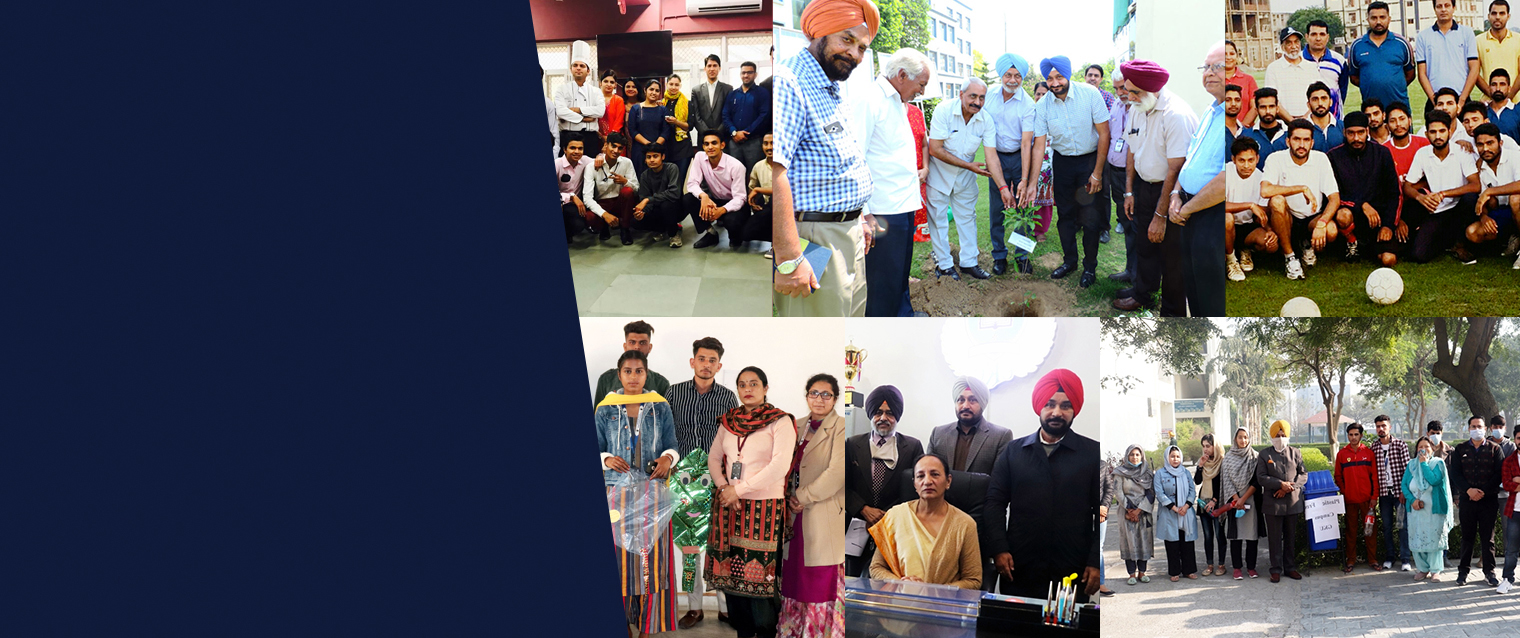
B.Sc.(Cardiac Care Technology)
Apply Now
B.Sc.(Cardiac Care Technology)
Apply NowB.Sc. in Cardiac Care Technology is a specialized undergraduate program that trains students to assist cardiologists in treating heart and diagnosing conditions. This program equips students with the knowledge and skills to operate advanced cardiac care equipment and vital signs, monitor patients, and provide critical care support in cardiac emergencies. Graduates of this program can pursue careers as Cardiac Care Technologists in hospitals, cardiac care units, and other healthcare settings.
7K+ Students
100+ Courses
25+ Countries
To be eligible for admission, candidates must have scored a minimum of 10+2 with at least 50% marks (45% for those in the Reserved Category), including Chemistry, Physics, and Biology from a recognized University or Board. This requirement applies to all prospective students in India.
Duration : Three years (Semester wise)

Guru Kashi University has established admission cell to bridge the gap between the students and the academic courses. The cell consists of team of career counsellors who understand the student’s choice and area of interest and guide them to choose the right career which will help them to excel in future.
The admission cell contains the information regarding all the courses of diploma, graduate, and post graduate and doctoral programmes. Guru Kashi University is successfully running courses in all fields such as engineering, agriculture, technical, physical education, education, languages, journalism etc.
Cardiac Care Technology involves:
This area emphasizes using advanced equipment and technology to monitor and address heart conditions. Cardiac Care Technologists assist cardiologists during procedures, operate specialized equipment like ECG defibrillators and machines, and provide essential patient care support. This career path offers rewarding opportunities for individuals interested in healthcare who aspire to impact patients' lives positively.

The Diploma in Petrochemical & Refinery Engineering curriculum is designed to provide students with a comprehensive understanding of the processes involved in refining crude oil into valuable products. The program covers fundamental chemical engineering concepts, process control, refinery operations, safety measures, and environmental considerations. Students gain practical experience through industrial visits and hands-on training in laboratories. The curriculum also includes a project component where students apply their knowledge to solve real-world problems in petrochemical engg. Elective courses allow students to specialize in specific areas of interest. The program aims to equip graduates with the skills and knowledge required for entry-level positions in the petrochemical and refinery industry, such as operator, process technician, and plant engineer.

Alumni Gather at
the Annual Meeting to
share stories and celebrate. The Events
Saw Over 800 Attendees.
A Master of Arts (M.A.) in Education degree from Guru Kashi University offers Many educational job options.
Here are some things you could do after you graduate:
: Assist in diagnosing & treating heart diseases using specialized equipment.
Work in cardiac care units, assisting and monitoring patients in procedures.
Support cardiologists by managing patient care and equipment in clinical settings.
Specializes in using ultrasound technology to create images of the heart.
Focus on performing echocardiograms to assess heart health.
Diagnose and treat heart rhythm disorders.
Assist in procedures involving catheter insertion into the heart.
Manage cardiac care departments or units in healthcare facilities.
Provide training and technical support for cardiac care equipment.
Pursue advanced degrees like M.Sc. in Cardiac Care Technology for specializations and higher-level positions.
The healthcare industry in India is one of the most crucial and rapidly growing sectors. A diverse range of medical professionals, from cardiologists to dialysis technicians, are dedicated to ensuring the well-being of patients across the country. Each role is vital in maintaining heart and kidney health.
Let's take a closer look at some of these essential roles:
The expertise and dedication of these healthcare professionals are invaluable in ensuring the well-being of patients across India. As the healthcare industry evolves, their roles will remain fundamental in providing essential support and care for those in need.
Ans: CVT stands for cardiovascular technologist program, a professional who assists in diagnosing and treating heart and blood vessel conditions using specialized medical equipment.
Ans: : In cardiology, CVT refers to cardiovascular tech programs that support cardiologists during procedures and tests related to heart health.
Ans: The scope of a B.Sc in cardiovascular technology program includes working as a technologist in hospitals, clinics, and cardiac care units, assisting in procedures, and operating diagnostic equipment.
Ans: Yes, a B.Sc in Cardiology has a promising future due to the growing demand for skilled professionals in cardiac care and the increasing prevalence of heart diseases.
Ans:To become a B.Sc cardiologist, complete your 12th grade with Science (Physics, Chemistry, and Biology), then apply for a B.Sc in Cardiac Care Technology program at a recognized institution.